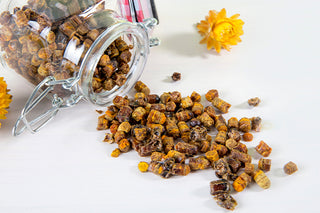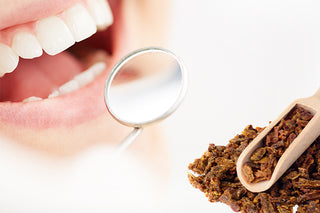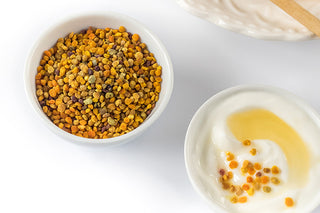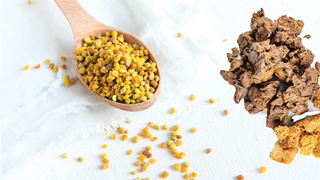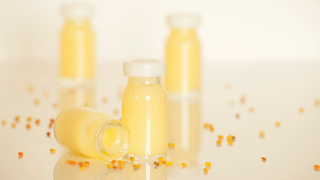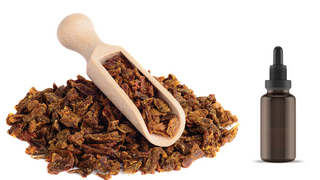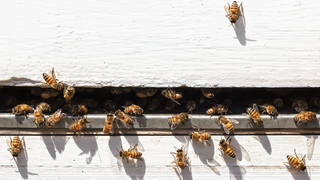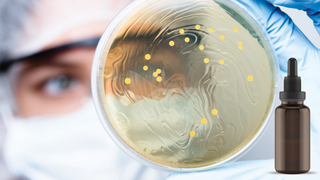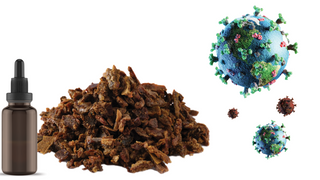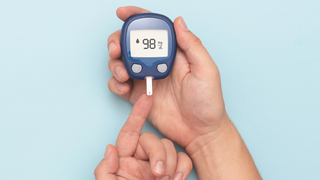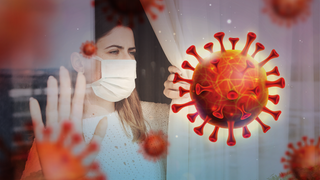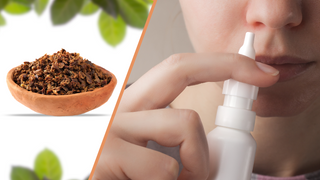Our Clinical Publications
-
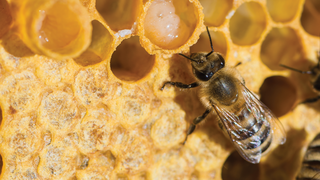
Turkish royal jelly: amino acid, physicochemical, antioxidant, multi-elemental, antibacterial and fingerprint profiles by analytical techniques combined with chemometrics
Abstract Royal jelly is one of the most remarkable commercial bee products used in cosmetics, medicine, and as a dietary supplement. This...
-
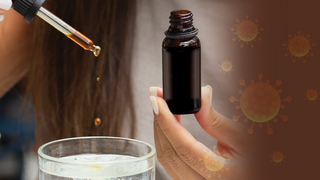
Targeting CoV-2 spike RBD and ACE-2 interaction with flavonoids of Anatolian propolis by in silico and in vitro studies in terms of possible COVID-19 therapeutics
Abstract Propolis is a multi-functional bee product rich in polyphenols. In this study, the inhibitory effect of Anatolian propolis against SARS-coronavirus-2 (SARS-CoV-2) was investigated in...
-
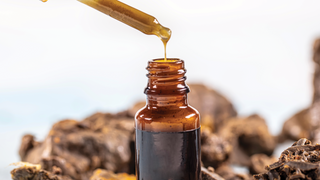
3D Propolis-Sodium Alginate Scaffolds: Influence on Structural Parameters, Release Mechanisms, Cell Cytotoxicity and Antibacterial Activity
Abstract In this study, the main aim was to fabricate propolis (Ps)-containing wound dressing patches using 3D printing technology. Different combinations and structures of propolis (Ps)-incorporated sodium alginate...
-

Different propolis samples, phenolic content, and breast cancer cell lines: Variable cytotoxicity ranging from ineffective to potent
Abstract Researchers have started focusing on investigating the anticarcinogenic effects of natural products with the slightest side effects possible, because current breast cancer treatment approaches...
-
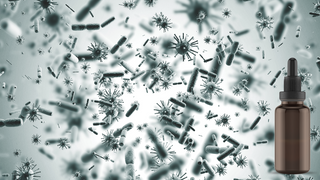
Antibacterial Effect of Anatolian Ethanolic Propolis Extracts on Clinical Strains of Helicobacter pylori
Abstract In this screening study we are reporting antibacterial effect of ethanol extract of Anatolian propolis on Helicobacter pylori. For this five different strains of Helicobacter pylori (HP1, HP2, HP5,...
-
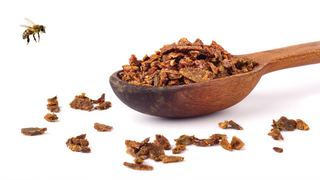
Evaluation of Turkish propolis for its chemical composition, antioxidant capacity, anti-proliferative effect on several human breast cancer cell lines and proliferative effect on fibroblasts and mouse mesenchymal stem cell line
Abstract and Figures Propolis is an extremely complex resinous natural compound collected by honey bees from various plant sources and exhibits pharmacological and biological properties attributed to the presence of...
-
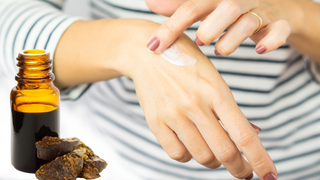
Effect of Propolis on Wound Healing in Sacrococcygeal Pilonidal Disease: A Randomized Controlled Clinical Trial
Abstract Wound healing and recurrence are the leading problems encountered in sacrococcygeal pilonidal sinus disease. Propolis has a place in both traditional and complementary medicine,...

